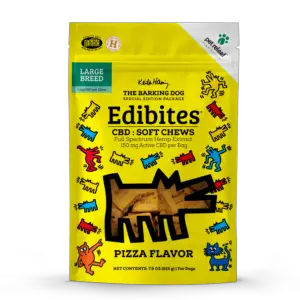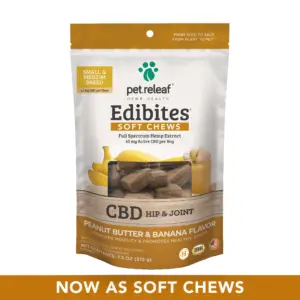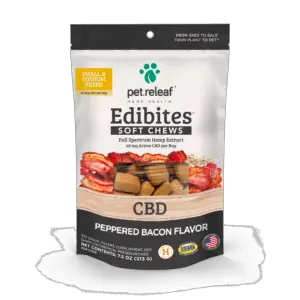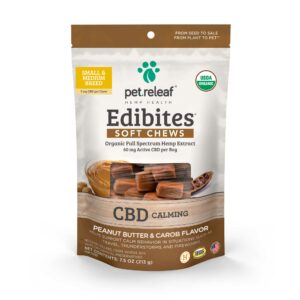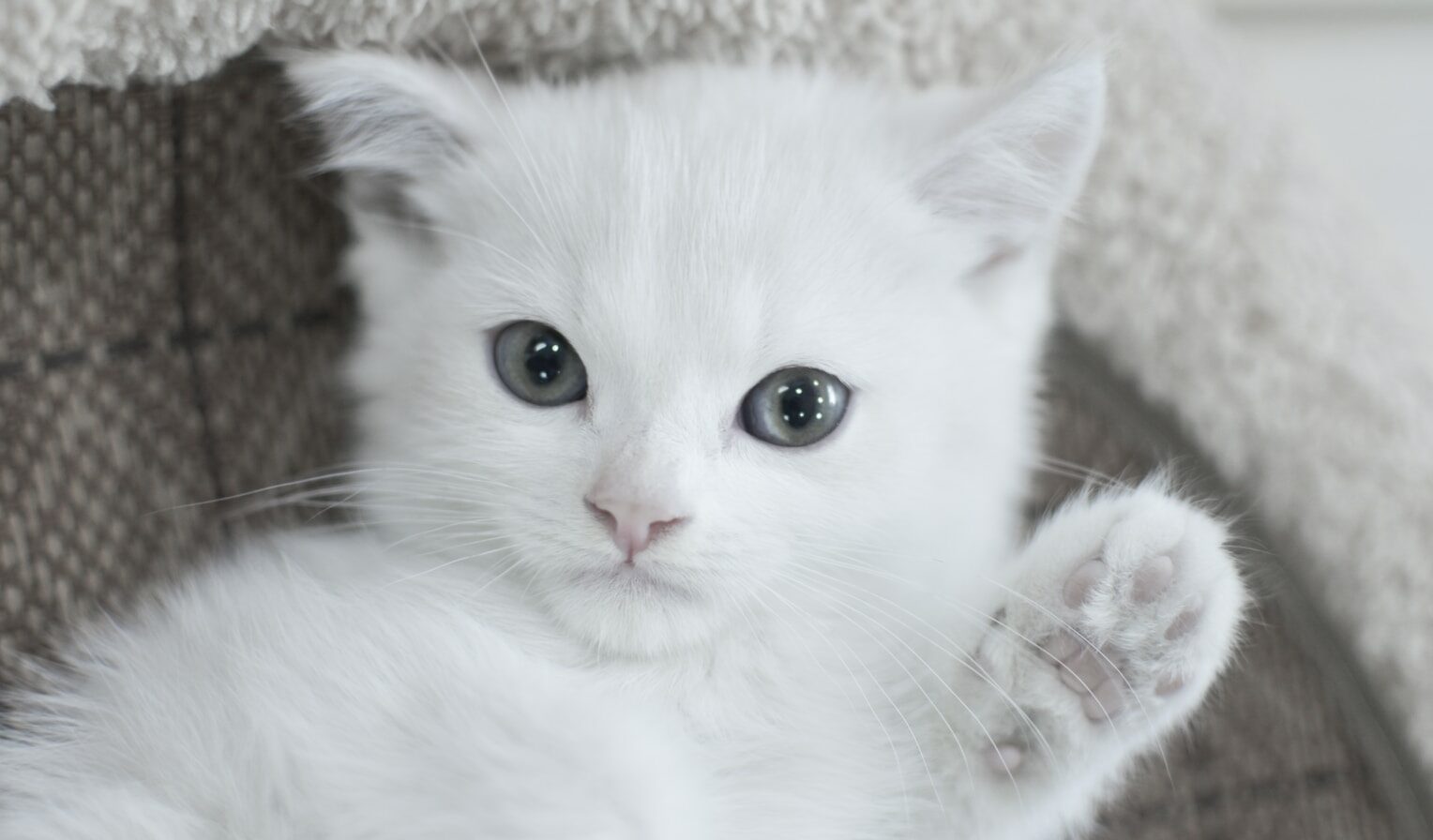
Key points:
- Unless your cat is suffering from a severe medical condition such as inflammatory bowel disease, there is no need to feed it grain-free foods;
- Generally, cats are not allergic to products that contain grains and can easily digest carbohydrates contained in them;
- Grains are rich in fiber, vitamins, minerals, and fatty acids essential for your cat’s nutrition;
Nowadays, it is so easy to get lost and confused while choosing food for your cat from tons of available options. The pet food market overwhelms customers with a wide selection of trendy foods: vegan, vegetarian, raw, sustainable, organic, freeze-dried, gluten-free, grain-free, and many other options. Some pet owners strive to feed their cats human-grade food, as they often want their cat food of choice to be as pure as possible. Therefore, grain-free food for cats is sometimes considered to be the best option. But what does the term “grain-free” mean, and is it actually bad to feed your cat grains? Let’s figure this out!
Table of Contents
The Meaning Behind Grain-Free Cat Food
Cat food is “grain-free” by definition if it does not contain any grain or grain by-products such as barley, corn, oats, rice, rye, wheat, bran, hull, flour, starch, etc.
Grain-Free Food For Cats As A Megatrend
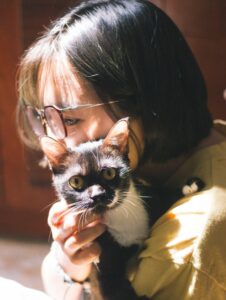 Grain-free food for cats is becoming more and more popular. Until recently, pet owners would not have even thought that grains might be dangerous for their furry friends. Veterinary specialists still prescribe grain-free diets only to cats suffering from medical conditions such as unusual food sensitivity, allergies, or inflammation caused by food components.
Grain-free food for cats is becoming more and more popular. Until recently, pet owners would not have even thought that grains might be dangerous for their furry friends. Veterinary specialists still prescribe grain-free diets only to cats suffering from medical conditions such as unusual food sensitivity, allergies, or inflammation caused by food components.
However, an increasing number of people assume that the potential health benefits of a grain-free diet for humans also apply to felines. Nowadays, there are plenty of cat foods that are labeled “gluten-free” or “grain-free” because manufacturers are trying to meet the market demand for foods high in protein and low in carbs. But should pet owners actually feed their cats grain-free foods?
Is Grain-Free Food Good For Cats?
Until a vet has diagnosed your cat with food allergies, inflammatory bowel disease, or other inflammatory conditions, there is no need to feed your cat a grain-free diet.
Supporters of grain-free diets for cats point out that felines don’t eat grains in the wild. Therefore, they claim that as descendants of wild felines, cats do not require grain in their meals.
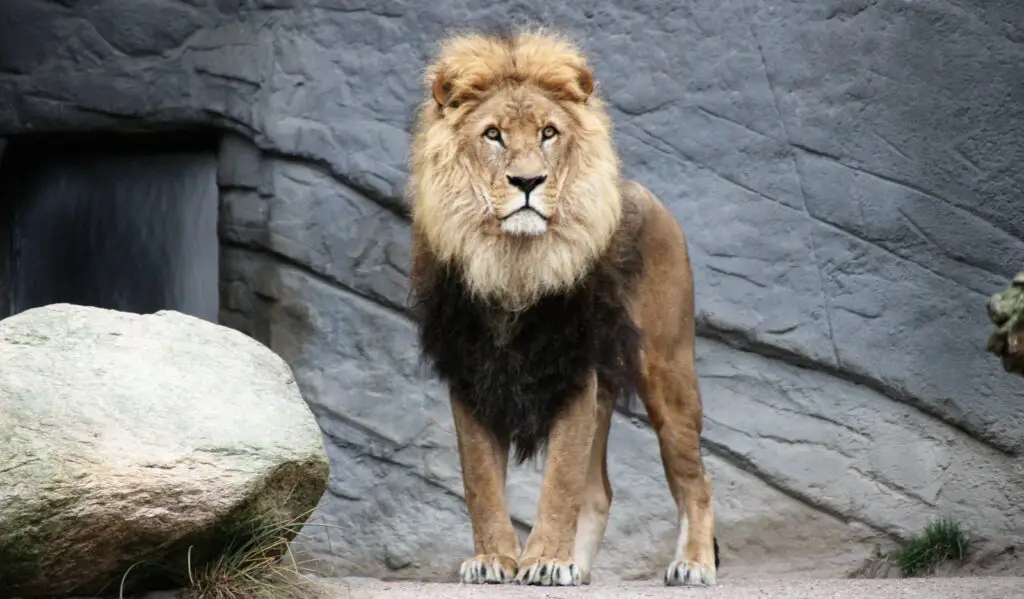
However, domesticated cats and dogs are different from their wild ancestors. For example, recent dietary studies have shown cats to break down more than 95% of starches they ingest, meaning that their digestive system has undergone dramatic changes as felines evolved alongside humans.
There is no evidence that whole grains are harmful to cats. On the contrary, grains are more than just cheap fillers. They can provide your pet with fiber, vitamins, minerals, and essential fatty acids. Some grains also contain easily digestible protein. Scientific research regarding grain in cat diets is still ongoing.
Does My Cat Be Allergic To Grain?
According to the study published by the Journal of Veterinary Dermatology, grain is one of the least likely triggers of food allergy in cats. Out of 56 cats with food allergies evaluated as part of the study, only 4 were allergic to grain. All the other cats suffered from allergies caused by the consumption of beef, dairy, and fish.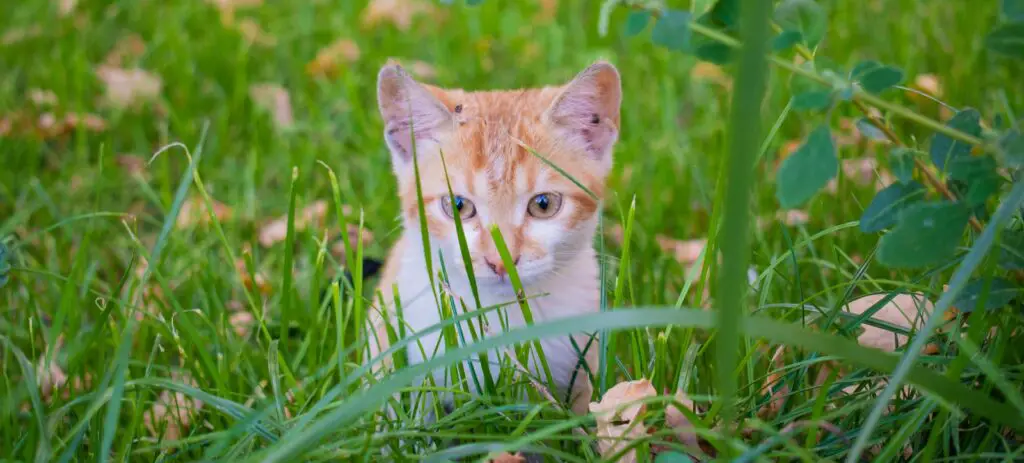
Since food allergies need to be diagnosed using costly blood tests and intradermal allergy testing, some pet owners simply assume that their cats are allergic to grain, and this assumption is often false. If your vet has not diagnosed your pet with a grain allergy, you should discuss the symptoms your cat is experiencing with the specialist. Common symptoms of allergies include excessive hair loss, itchiness, sores and scabs on the skin, inflamed skin, and intestinal problems.
But even the symptoms mentioned above do not necessarily indicate that your cat is suffering from a food allergy. It can also be allergic to grooming products or environmental irritants. Bacterial, fungal, and lice infestations can also result in symptoms similar to those of food allergies. So, it is best to consult your vet before assuming that your cat cannot tolerate grain and switching it to a completely grain-free diet.
Does “Grain-Free” Also Mean “Gluten-Free”?
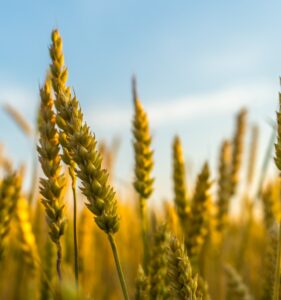 The words “gluten-free” and “grain-free” are often used interchangeably, which is incorrect. In fact, while grain-free food is always gluten-free, gluten-free food is not automatically grain-free.
The words “gluten-free” and “grain-free” are often used interchangeably, which is incorrect. In fact, while grain-free food is always gluten-free, gluten-free food is not automatically grain-free.
Gluten is a general word for different proteins found in many types of grain, but not in all of them. For example, rice, corn, and millet are gluten-free.
Since nowadays there is a widespread discussion regarding gluten intolerance in humans, cat owners often fear that their pets could also be allergic to gluten. Therefore, they look for grain-free food in an attempt to alleviate the pet’s gastrointestinal problems and itchy skin issues.
However, gluten intolerance is a very rare phenomenon in cats. In contrast, common protein sources such as beef and poultry are linked to most food allergies. Thus, the “gluten-free” label on pet food does not necessarily mean that the food is healthier or has better quality. Some amount of gluten in cat food may even be beneficial to your pal since it is sticky and helps bind food together.
Are Grain-Free Foods Low-Carb?
The short answer is no. Many pet owners are unaware of the fact that grain-free foods are not plant-free. Grain-free foods are also not always suitable for weight control or weight loss since manufacturers often replace grains with other carbohydrate-rich plant-based ingredients, such as potatoes, sweet potatoes, tapioca, lentils, and peas. In actuality, some grain-free pet foods have the same or even higher carbohydrate levels than foods that contain grains.
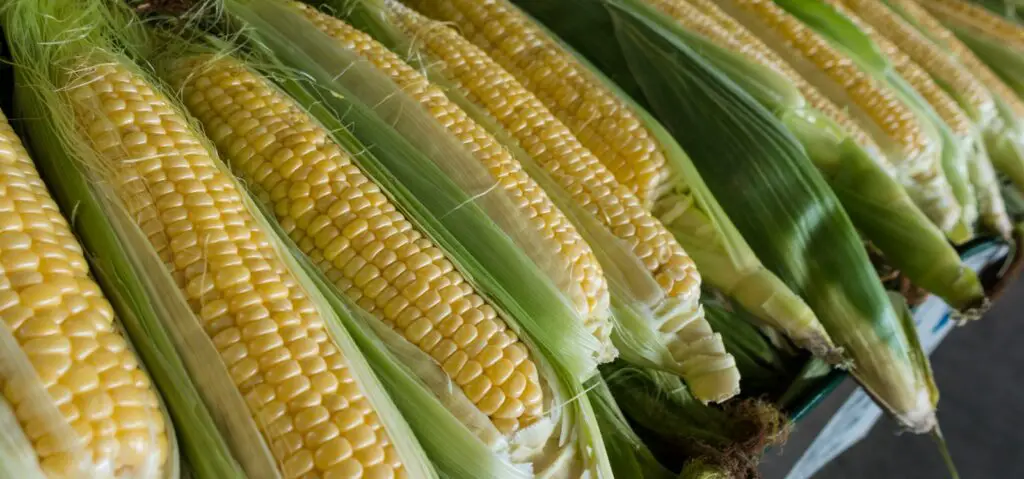
But there is no reason for you to worry: grains won’t make your pet gain weight. Common risk factors for obesity include:
- Lack of physical activity;
- Excessive amounts of food;
- Feeding your cat table scraps or foods that contain too much fat.
Whole-grain carbs will only help provide your feline with complete and balanced nutrition. Moreover, dietary fiber in grains helps eliminate and prevent hairballs in cats.
Protein In Grain-Free Cat Food
Cats use protein as their primary energy source. Based on this information, many pet owners believe that they should only feed meat to their pets. However, while felines require some protein from meat or fish, their digestive systems can digest and absorb nutrients from high-quality plant-based products. Nutrients contained in grains (for example, iron, thiamine, calcium, riboflavin, folate, and niacin) are essential for cats. A grain-free diet may lead to a deficiency of these vitamins and minerals.
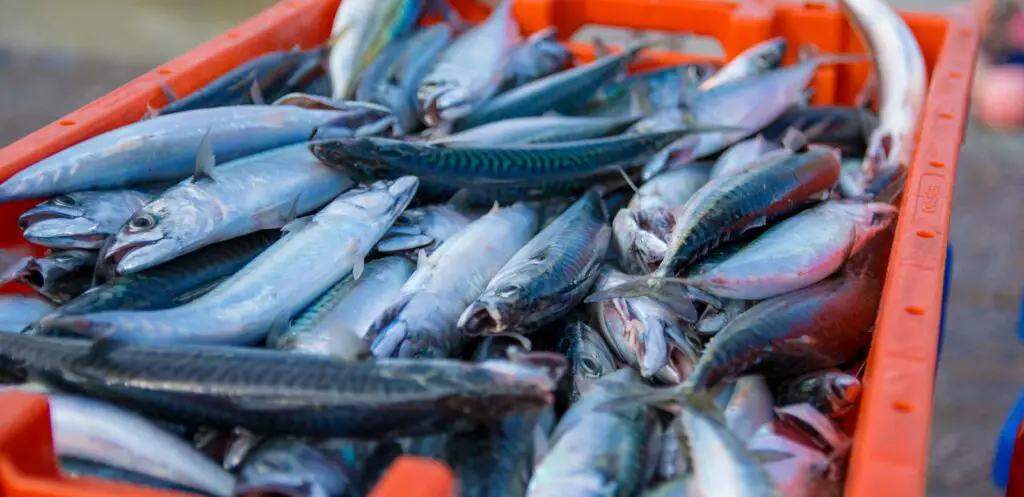
Cat diets that use meat as the sole protein source are often very rich in phosphorus, excessive amounts of which can cause chronic kidney disease. By comparison, grains have much lower phosphorus levels and contain essential amino acids necessary for cats to remain healthy.
If you are looking for complete and balanced cat food high in protein, consider Petcan insect-based pet food. Unlike grain-free products, our cat food does not pose any risks to your cat and is designed to meet all of its nutritional needs. Moreover, it is sustainable and good for the planet.
FAQ
Is grain-free food bad for cats?
Although grain-free food has not been conclusively proven to pose health risks to felines, a cat fed a grain-free diet might lack essential nutrients such as iron, calcium, or niacin.
Should cats be fed grain-free diets?
There is no evidence that grain-free foods benefit healthy cats. On the contrary, high-quality grains can provide your pet with easily digestible protein, quality fiber, and carbohydrates.
Does grain-free cat food cause heart disease?
According to the FDA, there is a link between grain-free dog food and canine heart disease (essentially, an enlarged and weakened heart). However, the research on grain-free cat food is still ongoing and no such evidence exists at the moment.

